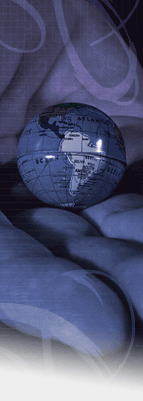Free Software - Adequate for Research and Education in Informatics?
Jörg Cassens and Zoran Constantinescu Fülöp
Zusammenfassung
At first sight, the use and development of Free Software in Academia seems to be a "No Brainer". The Free Software Movement started largely at universities, and free exchange of results has a long tradition in research communities.Unfortunately, the situation is different. Whilst it is probably still true that the percentage of use of Free and Open Source Software is comparably high at universities, non-free software plays a very important role. Some of the reasons that non-free software is used in education are that it is anticipated that the students will have to work with non-free software later and that on the technical side, a pragmatic approach is taken when communicating with the outside world - proprietary document standards are well accepted, the use of open standards is not enforced. In research, close cooperation with private companies transfers not only knowledge from independent research institutes into these companies, but also business culture (and prejudices) into universities. Another factor is that the model for university financing in Europe is changing from public funding to an enterprise-inspired model, where at least parts of the university funding has to arise from spin offs and the use of patents.
But the promotion of non-free software is incompatible with the scientific ethos and a view on science as a common good. So, the use of non-free software in science and technology is closely related to a definition of sciences as private property and a crisis of science itself: the use of non-free software in education and research is giving evidence for an inherent problem in the sciences.
The presentation will show arguments for the use and production of Free Software as being much more adequate for science and technology than non-free one. It will outline the close connections of Free Software and the foundations of science and describe the use and production of Free Software as both a means to overcome today's problematic situation as well as a "moral obligation" to scientists.
Über den Autor
Jörg Cassens and Zoran Constantinescu Fülöp are working on their Ph.D. at the Norwegian University of Science and Technology (NTNU) in Trondheim, Norway. Their field of research is Intelligent Systems. Jörg is concentrating on usage aspects of knowledge intensive Case-Based Reasoning systems, while Zoran's main area of research is in using distributed computing for large scale scientific visualization.
At their research group, they have together built up a 40+ node HPC cluster for research and education in machine learning, data mining, visualisation, and distributed programming. Zoran is also the Source Mage GNU/Linux - Grimoire guru for the cluster section.
